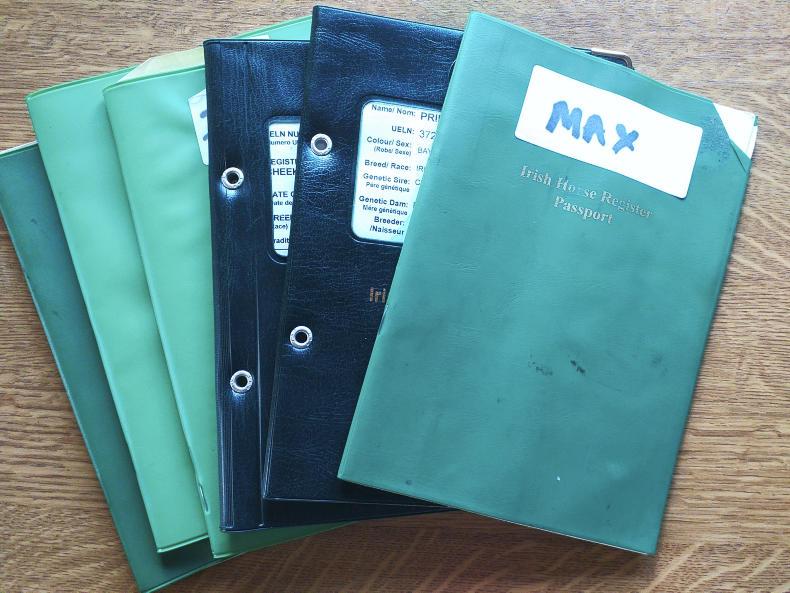The subject I least like to write about is horsemeat scams. Greed, expediency and disregard for the terrible damage this nefarious activity causes to both our horse and meat industries are all a part of the problem. And it is ugly.
The Gardaí, Department of Agriculture and the Food Safety Authority are all doing their best to cope, but they must do so with one major handicap – the lack of universal DNA testing for all registered equines.
Two weeks ago on the main news pages of the Irish Farmers Journal we carried a report about the arrest of five men in relation to tampering with the identification passports and microchips of a large number of horses presented for slaughter here in Ireland. In what has to be seen as a rather macabre scam, legitimate passports of ‘clean’ animals were being matched up with horses not fit for human consumption, thus doubling their price at the abattoir.
Using microchips accessed from China, they are able to disguise the original microchips in these animals. The result is that horses not fit for human consumption are suddenly transformed into ones fully fit for the human food chain.
All of this highlights the fact that our current system for identifying horses is not fit for purpose and is just not working.
DNA
The missing link is DNA. It does not lie, cannot be tampered with and is a foolproof weapon for use by the authorities against the scammers. So why is it not mandatory? First of all, EU legislation does not require it. Any sort of identification document linked to a microchip is all that is necessary within European law. At our peril, we in Ireland have so far gone along with this but in order to preserve the good name of both our horse and meat industry it is time to change.
It should be that every equine identified in Ireland would have DNA verification on its identification document. This simply means that hair samples from the horse would be supplied by a vet. These would be processed by Weatherbys and the DNA identity included on that animal’s passport.
When a question arose as to the suitability of a horse carcass for human consumption a comparison of its DNA could be laboratory checked to prevent any bogus horses entering the food chain.
We already have DNA verification for our Irish Stud Book-registered horses but not for non-stud book animals. Until such time as the EU catches up with the need for universal DNA testing we in Ireland should proceed with our own universal programme for all of our equines and thus shut down the scammers for good.





SHARING OPTIONS